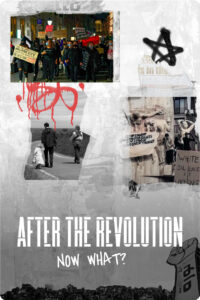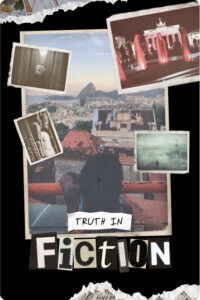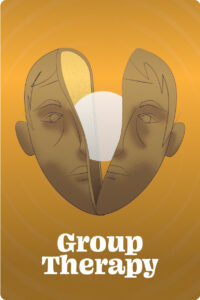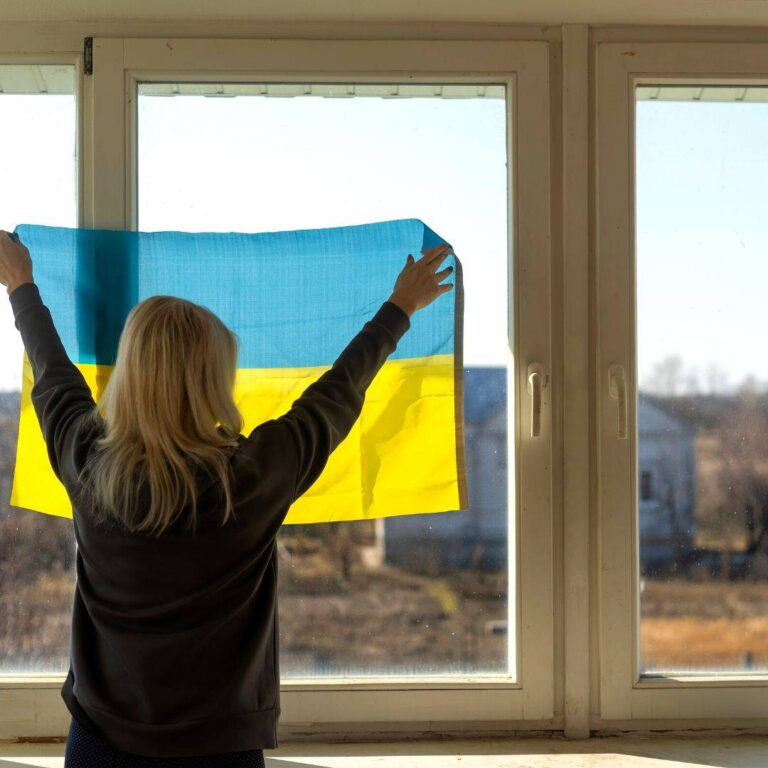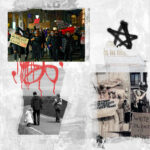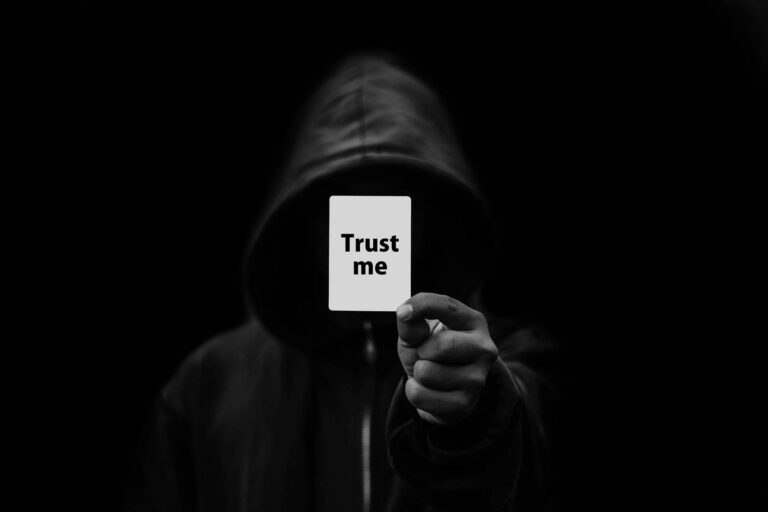“I decided to stop speaking Russian after what happened in Bucha and Irpin… A voice in my head was telling me it was with that language that the Russians are killing us,” Olga Ivanova explains, a 25-year-old woman. Her mother and sister flew the war to Belgium, whereas she remained in Kiev.*.
At home, she speaks Russian: her paternal grandparents are Russians. They came to Ukraine as students during the Soviet period and they settled there. However, in the government agency where she works, Olga Ivanova speaks Ukrainian—which is since 2019 a legal obligation for all institutions, whether they are companies or carry out the power of the State and local authorities
After the massacres in April, during which hundreds of civilians were killed by the Russian army, “I told my father I would no longer speak Russian. He understood. He, now, uses Ukrainian when he talks with me, despite how complicated it is for him to learn a new language at 50.” To a foreigner’s ear, both languages sound the same, but they are actually just as different as French differs from Spanish.**
Among the youth of Kiev, the shift towards the Ukrainian language seems to be a collective movement. Although her social circles were originally composed of a majority of Russian speakers, since February Olga saw her discussions on Telegram progressively switch to Ukrainian.
This change, far from being an isolated occurrence, was observed throughout the country: by the end of 2021, 26% of Ukrainians spoke Russian, versus 18% after the invasion last February, according to the sociological research organization Rating group.
Today, belonging to Ukraine has become a matter of dignity, and using our language is a way to align ourselves with the heroes defending the country
Being a Russian speaker in Ukraine is “the result of policies from Moscow”
Expansion, repression, growth… The Ukrainian language is familiar with such a back-and-forth, which reflects the history of people with a nation that was only truly born in 1991, when the Soviet empire collapsed. Ukrainian was banned as early as the 17th century, when Ukraine was split between Russia and Poland. It wasn’t authorized in schools until 1917, Natalya Shevchenko explains, in charge of the Russian and Ukrainian department of University Lumière Lyon 2, in her article “The History of Bilingualism in Ukraine and Its Role in the Present Day Political Crisis” (1). Between 1917 and 1920, Ukraine became independent and the language expanded. Then in 1922 it became the Ukrainian Soviet Socialist Republic. Under the yoke of Soviets, the national language was first supported, before the fierce repression that was enforced by Stalin (1), who implemented a period of “linguistic assimilation (…) as well as incredible terror” starting from 1933, Natalya Shevchenko says.
Always steeped in politics, the language was by turns reintroduced in schools and the media or banned again. In 1989, Ukrainian officially became the national language, but bilingualism and the issue of Russian keep being discussed regularly in times of elections.
Stas***,27, experiences first-hand the weight of such a heavy legacy. “The fact that my family speaks Russian without having Russian ancestry is the result of a series of historical injustices and policies from Moscow against our nation,” he explains, from the Czech Republic where he lived at the time of our interview, before moving to Portugal. Originally from Kiev, he found himself “locked out of the country” with his partner when the war broke off. Since then, he expresses his anger on Twitter through posts about the media coverage of the war, calling Russia “a fascist and genocisdist empire.” He also launched a platform dedicated to explaining the ongoing war in his country.
As he grows older, he wonders about what sounds like a paradox: “We can all speak Ukrainian, but we keep using Russian despite being in favor of Ukraine, unlike what is often depicted in the media.” Stas senses a regret in his family: the question of speaking Ukrainian more often surfaces regularly at family gatherings. This ambivalence reflects the history of a country torn between the legacy of the past and the aspiration to break away from Russia.
In May 2012, the young man was 17 and probably saw this astonishing scene on TV: a fight breaking out between members of the parliament when the government intended to pass a law that would effectively grant to Russian the same status of official language as Ukrainian in a majority of regions across the country. Fists were raised, shirt buttons were ripped off, and the MPs of the pro-Russian president Viktor Ianoukovytch physically fought against the opposing, pro-European MPs on the question of language distribution in Ukraine.
Ten years later, Stas took the leap. “Each new atrocity, every other war crime makes me reject the Russians and focus on the part of my identity that is not connected with them.” Working as an editor, the young man now makes the deliberate choice to speak Ukrainian in his daily life, even though he still uses “a mix”: “It depends on the situation. Sometimes I start a conversation with my mother in Russian and she replies in Ukrainian.” After a few months, this effort pays off: “More and more thoughts come to me in Ukrainian and I no longer let situations make that choice for me.” Seeing as he attended Ukrainian-speaking schools and is immersed in content that uses the language, he reckons this change “isn’t a complete reset of [his] cognitive system.”
In fact, this is not the first time that he reflected upon his language and identity: previous turmoils from the years 2010 had already forced this reflection. In November of 2013, the Ukrainian government’s refusal to sign an association agreement with the European Union despite it being approved by the Parliament induced a number of protests: known as Euromaidan, it became “the revolution of dignity” and was violently repressed in February 2014. Meanwhile, Russia took over Crimea and started a war in Donbas. “In 2014, I did not feel a change in the way Russian was perceived; at the time, the choice to switch languages wasn’t as common.”
This change is not isolated but observed on a nationwide scale: 26% of Ukrainians spoke Russian by the end of 2021, compared to 18% after the February invasion, according to the research center in sociology, Rating group
Maidan square as a precedent
A choice so uncommon in fact that, back then, Maria Sigov felt alone in her decision. As a 15-year-old Russian-speaking Ukrainian, she found herself on the Maidan, the Independence Square in Kiev, and helped move the injured to hospitals. “When I got home, I laid on my bed, and I realized that not only had I no idea of what my nationality would be in the future, but also that I wanted my children to speak Ukrainian. When I opened my bedroom door I decided that, starting from now, I would exclusively speak Ukrainian.”
For the teenage girl, it was “a choice from the heart” that she did not yet associate with political motives—but it turned out to be a very hard one. Her childhood memories are tied to Russian. A few times, while arguing with her mother, she had to pause to translate one word or two. “It was hard for my parents to accept it. Some of their friends told me that I should stop because it didn’t sound natural. Ukrainian is still perceived as a rural language.” Whenever she used a word in Russian, Maria Sigov forced herself to do push-ups to change her habits. “I became a different person by speaking Ukrainian: I felt suddenly isolated in group situations with a majority of Russian speakers… and I had to translate every joke I made!”
Since then, she became a psychologist. She reckons that this choice her compatriots made to switch languages, like Stas and Olga Ivanova did, falls under “group psychology”. “We are social beings who need to feel like we belong. Nowadays, to belong to Ukraine has become a matter of dignity, and using our own language is a way to draw closer to the heroes who defend our country.” It is also a way to distance themselves from the oppressor.
Deep down, she associates the Ukrainian language with safety, feeling it in her flesh. “In February, my family and I spent several weeks in our basement before we fled to Germany. The ride to get there was awful; we were scared of running out of gas and being targeted. It wasn’t until I heard soldiers talking in Ukrainian that I felt safe.”
Slightly envious of this collective shift among the youth of Kiev, which would have made her life much easier in 2014, Marie Sigov regards with enthusiasm this “incredible change.”
Help us tell the world to you !
Frictions is launching its club : by supporting Frictions, you’ll be supporting a community of authors and journalists who tell the world through intimate stories!

A cultural boycott
“Ever since the invasion started, tensions arose around language,” Olga Ivanova notices. “Why do some people still use Russian? A good question for sure… but we can’t ask Russian-speakers who are traumatized and have lost everything to speak in another language. We must win the war first, then we can get back to this conversation.”
Rather than requiring efforts from her compatriots, the young woman launched into a boycott and decided to undergo “a cultural change.” No more Googling in Russian, lest she “comes across propaganda.” From now on, Olga Ivanova also rejects Russian singers and authors. And she is not the only one: in August 2022, more than 40% of Ukrainians had stopped watching Russian TV shows or listening to Russian music, according to a Rating group study. The issue, it seems, was brought up to Parliament: in June, two laws were passed to restrict the imports of books published in Russia and Belarus, as well as to ban Russian music posterior to 1991 from the radio, television, schools, public venues and transports. “The war fosters radical movements; and we are trying to explore our identity,” Olga Ivanova sums up.
*Between our interview and the publication of this article, the young woman has also left for Belgium
**“From the lexical point of view, Ukrainian and Russian coincide at 70.5%, according to the study of Koptilov (1995, p. 72); while the coincidence between French and Spanish, for example, is 75%, that between French and Italian 89%, according to the data collected by Lewis (2009)”, according to Natalya Shevchenko, head of the Russian and Ukrainian section of the University Lyon 2.
***Stas did not wish his last name to be featured.

